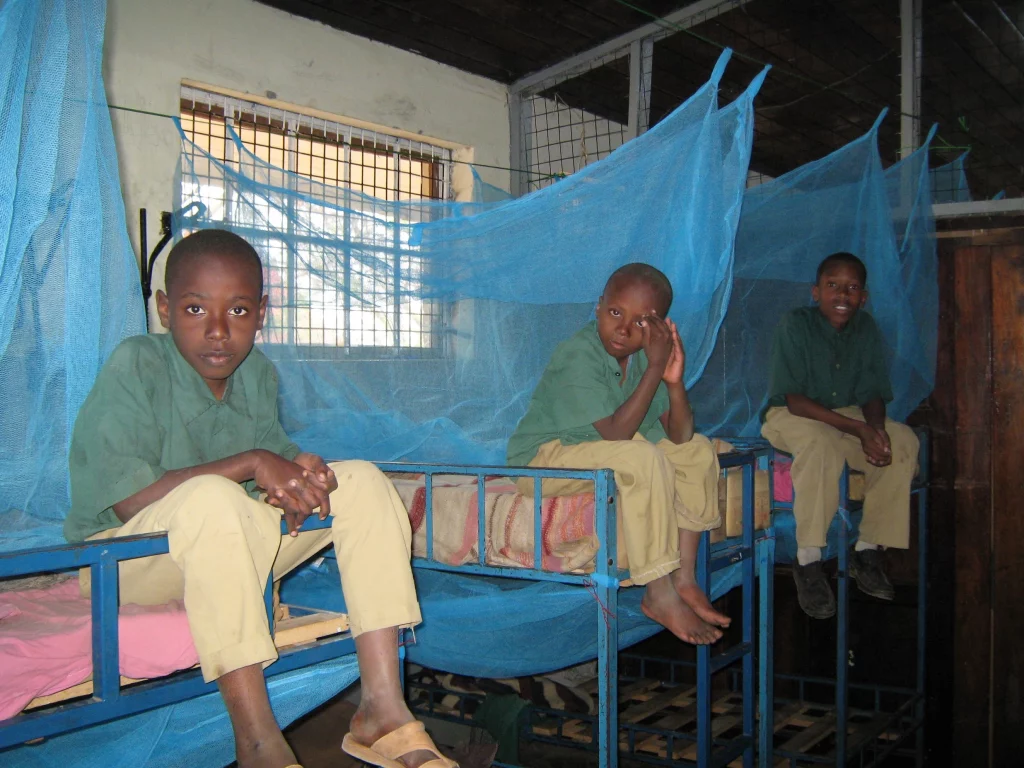Learn about the high-impact
charities we're supporting.

Against Malaria Foundation
Against Malaria Foundation focuses on helping protect people from malaria, by funding long-lasting, insecticide-treated mosquito nets to susceptible populations in developing countries
They provide long-lasting, insecticide-treated nets in bulk to other non-profit organizations or government agencies, which then distribute the nets in developing countries. These nets are hung over beds and block and kill malaria-carrying mosquitoes.
One of GiveWell’s top-rated charities. It’s estimated that over 200 million people become infected with malaria each year, and over 400,000 people die from it. Children aged under 5 in sub-Saharan Africa are one of the most vulnerable and affected groups. However malaria is totally preventable and treatable, with prevention being much more cost-effective than treatment. GiveWell estimates that it costs about $5 to purchase and distribute one of these nets. These nets lasts for 3-4 years, and protects, on average, two people. GiveWell estimates that for every $3,000 – $5,000 donated, a life will be saved.